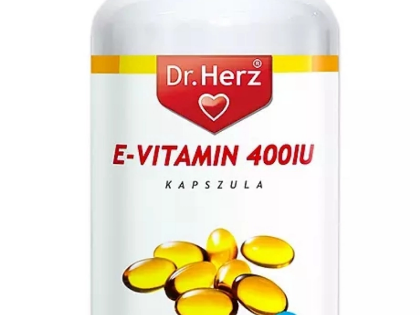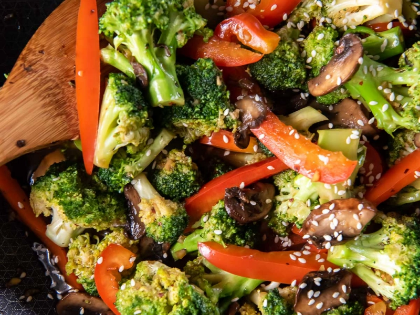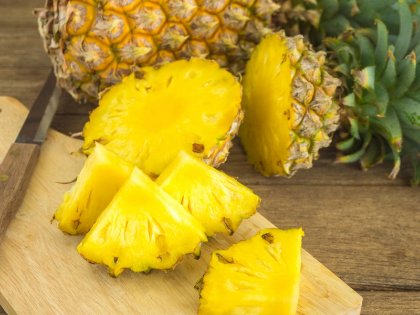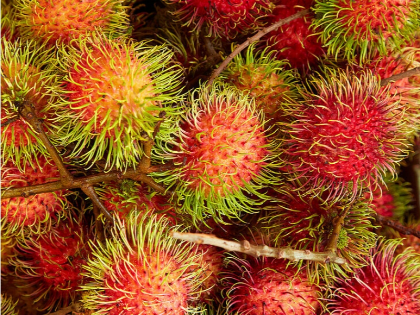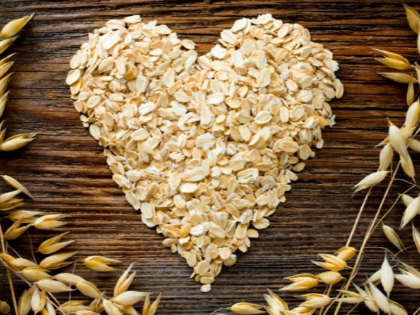Nutrition Tips for Peak Athletic Performance
Peak athletic performance calls for a well-planned diet rather than only hard training. The proper nutrients can boost general performance, aid in healing, and fuel your exercises. This page looks at basic dietary guidelines athletes should follow to maximize their diets and meet their fitness objectives. From knowing macronutrients to meal timing, these techniques can help you realize your best possible performance.
Knowing Macronutrients
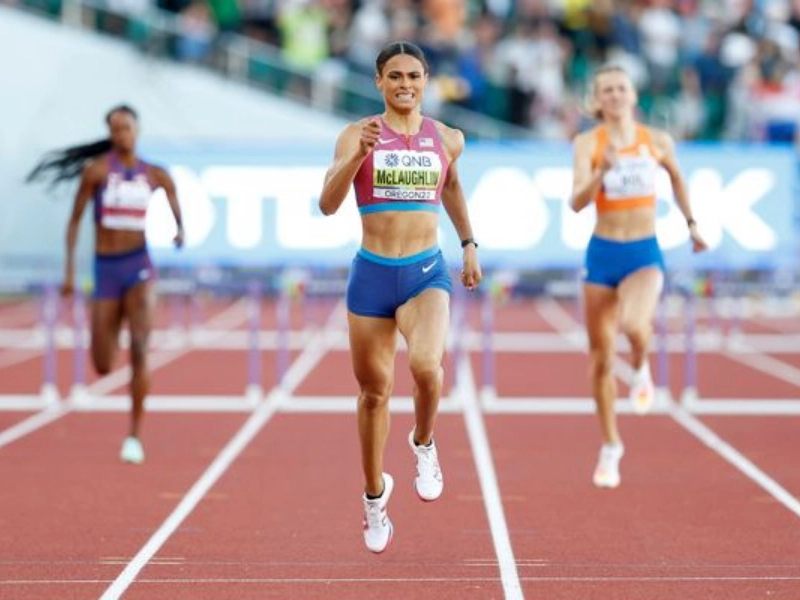
The building blocks of nutrition, Macronutrients are therefore very important for athletes to grasp. Three main macronutrients are lipids, proteins, and carbs. Each contributes in different ways to drive performance and healing. Particularly in high-intensity activities, carbohydrates are the main source of energy the body uses. Excellent sources of complex carbs that supply continuous energy are foods including whole grains, fruits, and vegetables.
Muscles cannot develop or heal without proteins. Lean meats, fish, eggs, and legumes are among the premium protein sources athletes should seek for in their meals. Protein aids in recuperation and helps muscles heal following exercise. Though sometimes misconstrued, fats are also essential for general health and energy. From avocados, almonds, and olive oil, healthy fats help to produce hormones and absorb nutrients.
Juggling these macronutrients in your diet can maximize performance. Generally speaking, you should eat 15–20% of your daily calories from protein, roughly 55–60% from carbohydrates, and 20–30% from good fats. Changing these ratios depending on personal goals and training intensity will help to improve athletic performance even further.
Methods of Hydration
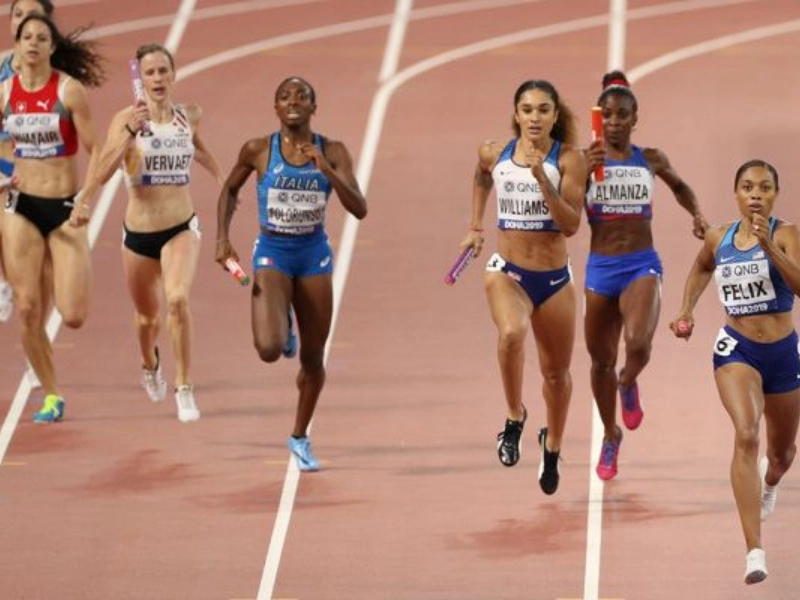
Peak sports performance depends on your being hydrated. Regulating body temperature, delivering nutrients, and preserving joint lubrication all depend on water. Dehydration can cause tiredness, poor coordination, and performance degradation. Before, during, and after exercise athletes should give hydration first priority in order to guarantee best performance.
Starting with drinking at least half your body weight in ounces of water every day is a good place. If you weigh 160 pounds, for instance, try for at least 80 ounces of water. Also, think about electrolyte-rich drinks to restore lost minerals during long-lasting, intensive workouts or contests over an hourly period. Especially in hot or humid environments, sports drinks can assist sustain energy levels and hydration.
One easy approach to evaluate hydration level is to check urine color. While black urine could point to a need for extra fluids, light yellow urine usually denotes appropriate hydration. Recall that personal hydration needs vary depending on body size, temperature, and degree of exertion. Maintaining optimal performance depends on you listening to your body and modifying fluid intake.
Meal Schedule for Maximum Performance
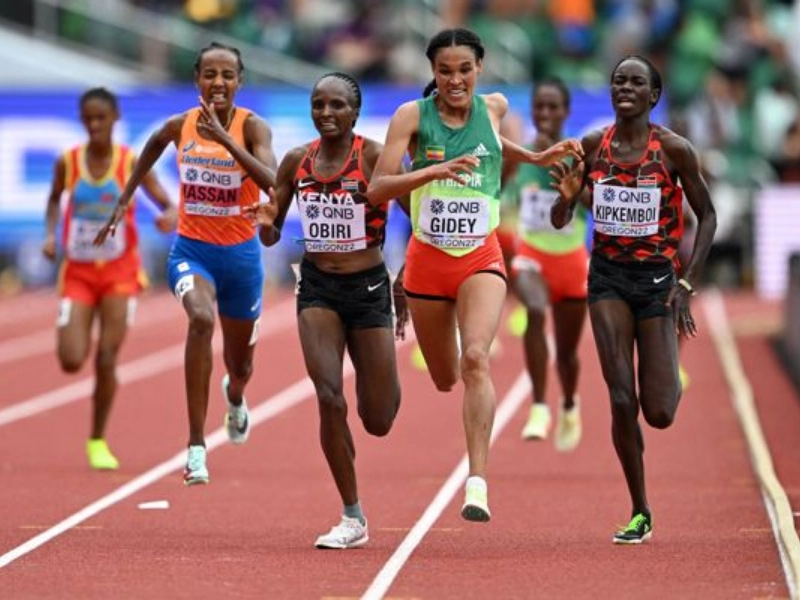
Meal timing around exercise can greatly affect recuperation and performance. Eating the correct nutrition both before and after exercise helps maximize energy levels and promotes muscular repair. Pre-workout meals should center on some protein and easily digestible carbohydrates. Without making you uncomfortable, this combo offers the nourishment your exercise needs.
Two to three hours before working out, aim to have a healthy lunch. One could have oatmeal with berries, a smoothie with protein powder and spinach, or a turkey sandwich made on whole-grain bread among options. If you're pressed for time, a modest snack like yogurt or a banana will last roughly half an hour before your workout.
Nutrition following an exercise is as vital. Eating a meal high in protein and carbohydrates thirty to sixty minutes after a workout helps restore glycogen levels and initiate muscle healing. Think about choices such grilled chicken with quinoa, a protein drink topped with a banana, or a recovery smoothie including Greek yogurt and cherries. Correct meal timing can improve recuperation and equip your body for next exercises.
Adding Variety to Your Diet
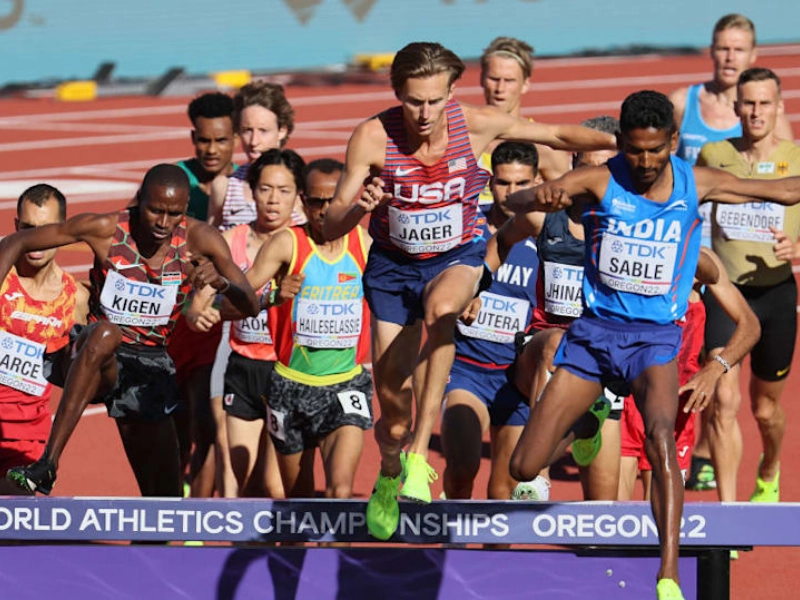
Athletes must have a varied diet if they want to guarantee they get all the vitamins and minerals. Different diets supply special nutrients that support general performance and wellness. Including a range of fruits, vegetables, whole grains, lean meats, and good fats will assist satisfy dietary requirements and ward against shortages.
Try to load your meals with a variety of fruits and veggies. Every color corresponds to several phytonutrients and antioxidants meant to boost immune system and lower inflammation. For workouts, whole grains—brown rice, quinoa, and oats—offer fiber and steady energy. Lean proteins stimulate muscle growth and repair; examples include chicken, fish, and plant-based sources.
Changing recipes and ingredients can also help to make dinners interesting and fun. To vary your diet, think about including seasonal produce, lentils, or new grains. This improves not only dietary intake but also makes eating healthy more fun. Recall that supporting maximum sports performance and general health depends on a well-balanced diet.
Supplements: When should one give them thought?
Although a healthy diet should supply most of the nutrients athletes require, some would want to fill in certain gaps with supplements. Athletes with dietary limitations, higher nutritional needs, or those training at high intensities often find supplements helpful. Still, it's wise to approach supplements carefully and see a qualified nutritionist or healthcare provider before beginning any new program.
Athletes can choose to take multivitamins, omega-3 fatty acids, and protein powders among common supplements. Particularly for people who find it difficult to get enough from whole foods, protein powders might help satisfy needs. While multivitamins assist address any nutritional void in the diet, omega-3 fatty acids boost heart health and may lower inflammation.
Whenever at all possible, whole foods should take front stage over pills. Not replace a well-balanced diet; supplements should enhance it. Furthermore necessary to guarantee safety and effectiveness is selecting premium supplements from reliable companies. Athletes can improve their performance and general health by stressing a nutrient-dense diet and smart use of supplements.
Attaching Your Body
Ultimately, listening to your body is among the most crucial dietary advice for optimal athletic performance. Everybody has different dietary requirements; therefore, what helps one athlete could not help another. Notice how various foods affect your mood both during and after workouts as well as throughout the day. Change your food depending on your general condition, recovery, and degree of energy.
Tracking what you eat and how it influences your performance can be much aided by keeping a food journal. This habit can help spot trends including foods that increase energy or those that make one uncomfortable. To discover what suits you best, therefore don't hesitate to play about with several meal schedules and snacks.
Recall that nutrition is a lifetime road; so, one must be adaptable and ready to change. Your dietary needs may change as exercise gets more intense or goals change. Staying in sync with your body and choosing foods wisely will help you maximize your nutrition for best athletic performance and meet your exercise goals.
